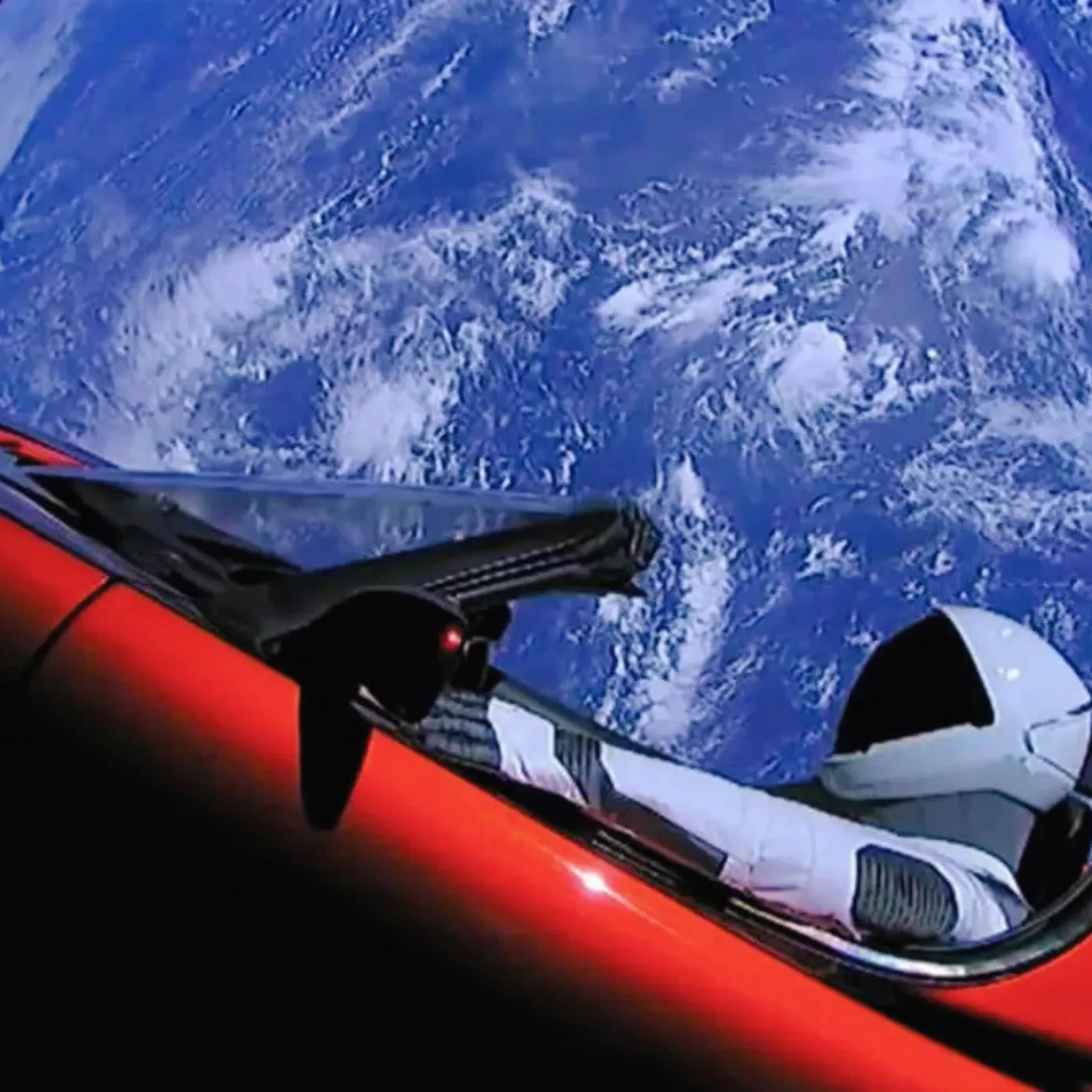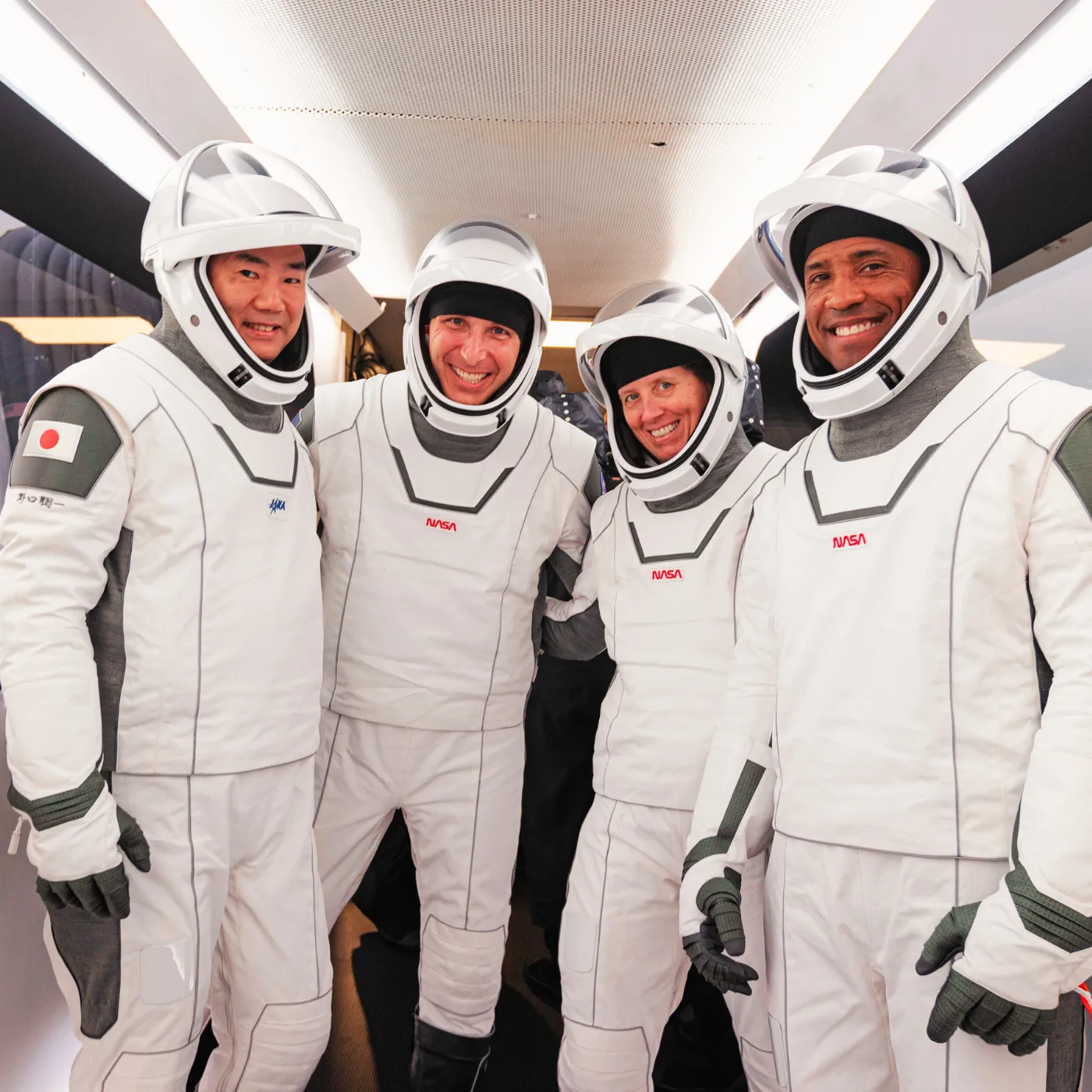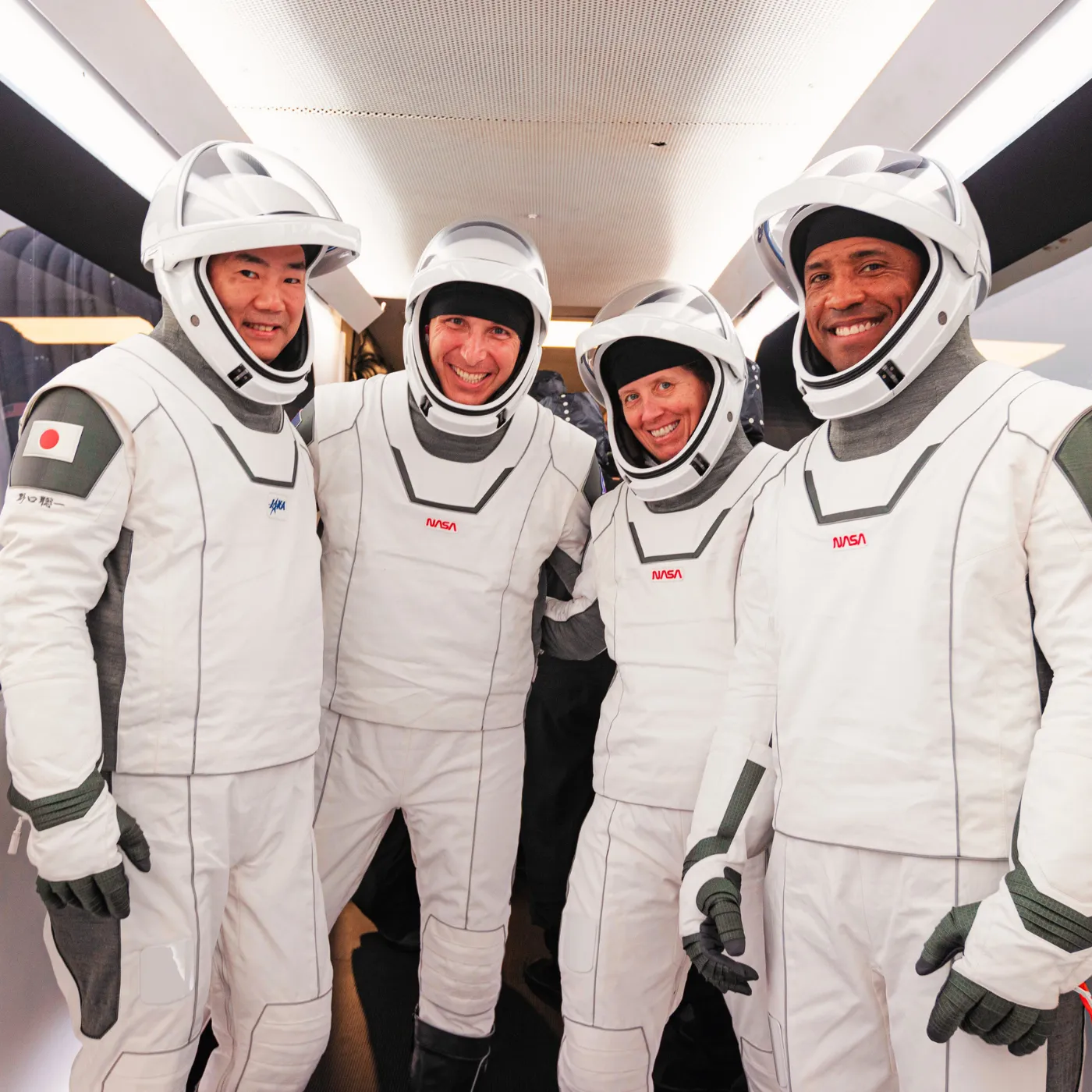

Let’s wait for the robot revolution of Elon Musk and Jeff Bezos.
In an era where technology evolves at lightning speed, two figures have risen to dominate the conversation about the future of labor: Elon Musk and Jeff Bezos. As the pioneers of some of the most groundbreaking advancements in technology, both men are spearheading the rise of robots, automation, and artificial intelligence. Their work is leading to a future where hard labor may become a thing of the past. This is no longer science fiction—the robot revolution is here, and it’s set to transform how we work forever.
The Visionaries: Musk and Bezos Leading the Charge
Elon Musk, the founder of Tesla and SpaceX, and Jeff Bezos, the mastermind behind Amazon, are known for their bold ambitions to change the world. Both have long recognized that the key to eliminating the need for strenuous manual labor lies in automation. Musk’s Tesla is advancing self-driving technology, while Bezos’ Amazon is already using robots in warehouses to streamline operations. Automation isn’t just about replacing human labor—it’s about creating a new paradigm for productivity and efficiency.
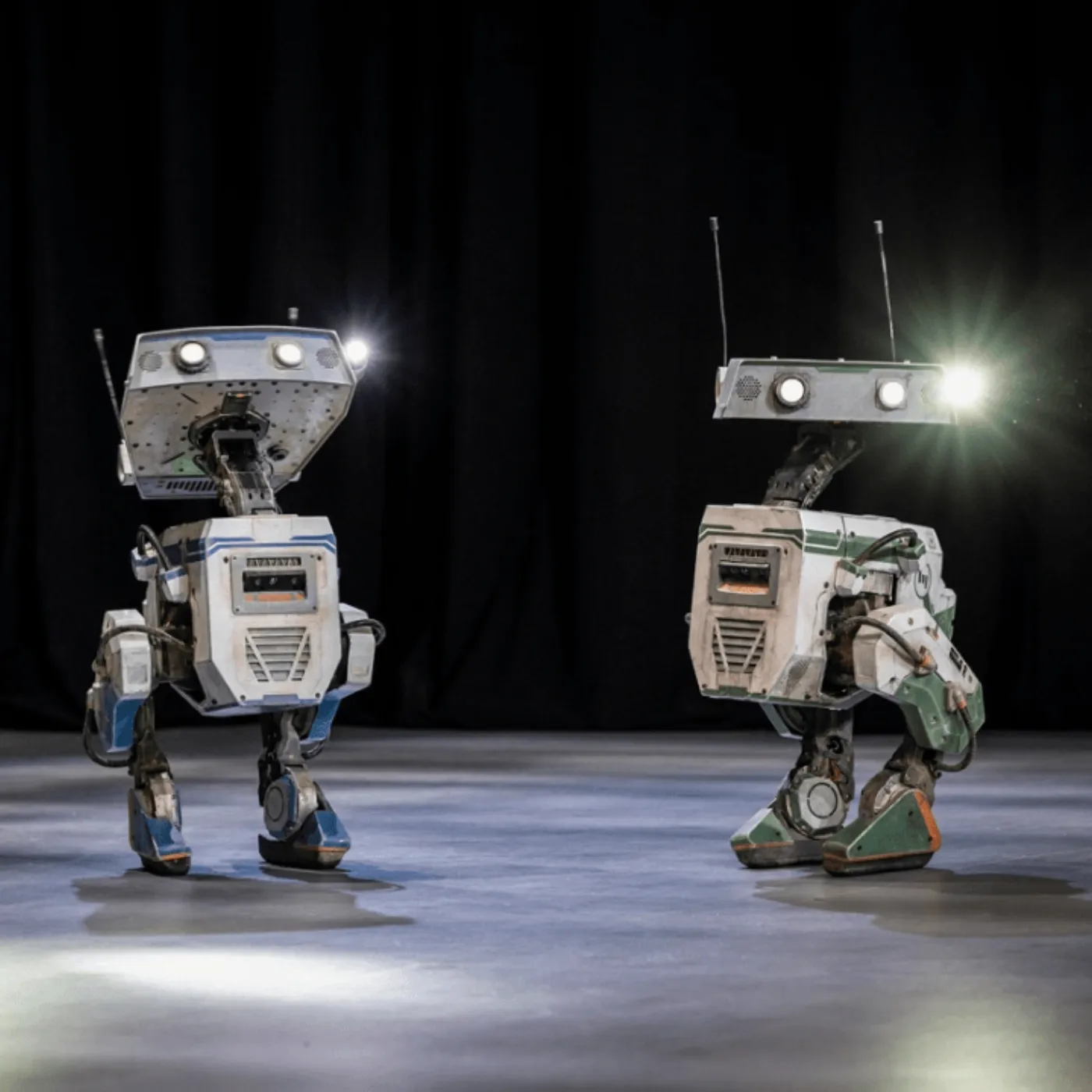
The Impact of Robots: Will Hard Work Become Obsolete?
With the rapid integration of robots into industries like manufacturing, logistics, and healthcare, the idea of hard work is being radically redefined. The idea of working long hours in a physically demanding job is quickly being replaced with intelligent machines that can perform the same tasks—faster and more accurately. For workers, this is both a challenge and an opportunity. Robots are making jobs easier, and in some cases, they are eliminating jobs altogether. However, the promise of the robot revolution isn’t just about job loss; it’s about the empowerment of humans to focus on more creative and strategic tasks.
Artificial Intelligence: The Brain Behind the Machines
At the core of the robot revolution is artificial intelligence (AI). Musk’s OpenAI and Bezos’ Blue Origin are both heavily invested in AI technologies that will enable robots to think, learn, and adapt. AI’s potential to replace routine tasks is enormous, from administrative work to complex problem-solving in various sectors. With AI, tasks that once required human effort—from sorting packages to driving cars—will soon be completed by machines that are faster, safer, and more cost-effective. In the near future, humans may no longer be required to perform many of the repetitive, labor-intensive jobs that have long defined the workforce.
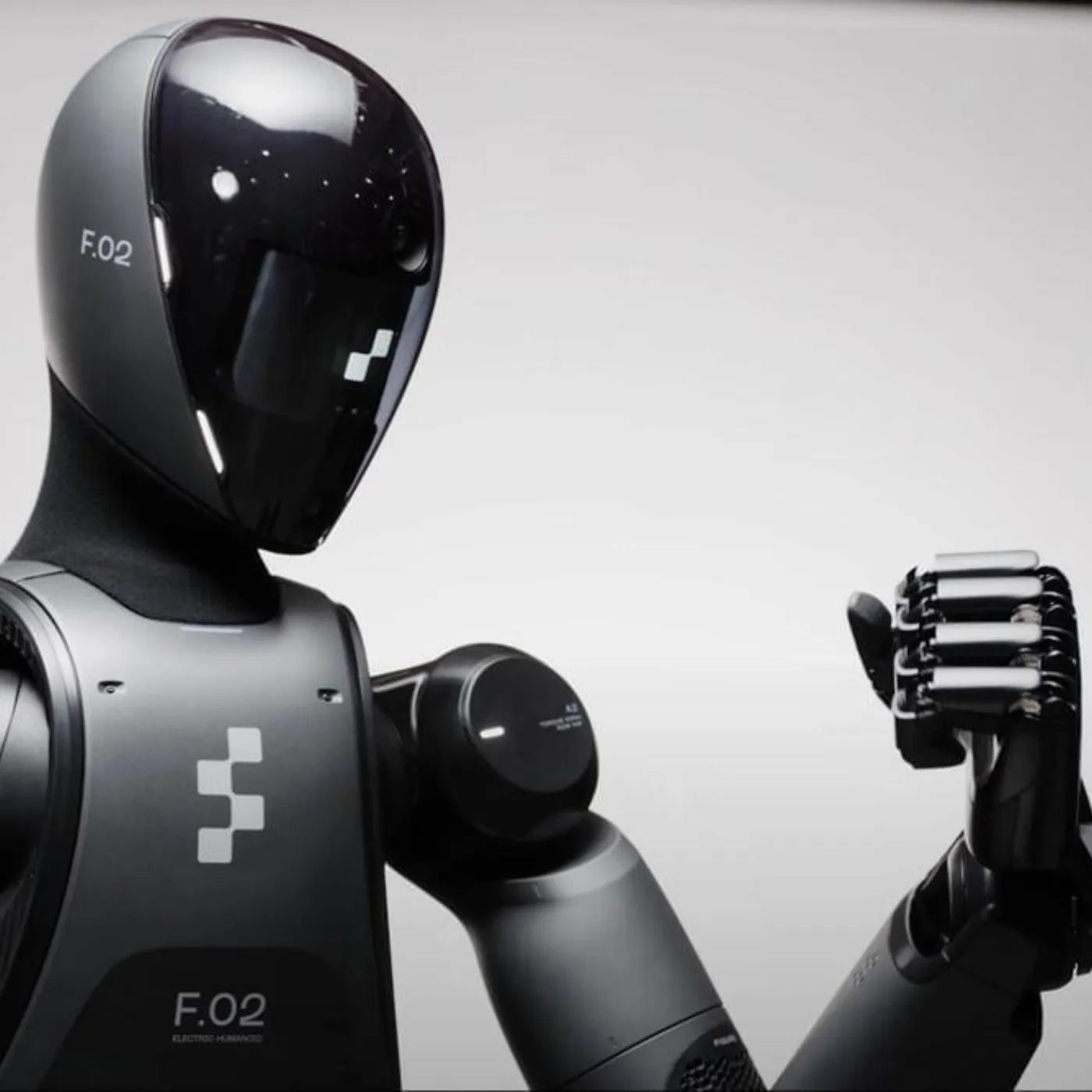
Challenges Ahead: The Transition to an Automated Workforce
While the promise of an automated future is enticing, it’s not without challenges. Job displacement is one of the most pressing concerns, as millions of people whose jobs are at risk will need to transition into new roles. Musk and Bezos are both aware of these issues, and they advocate for retraining programs and a fundamental shift in the way education and employment are approached. Upgrading the skills of the workforce to match the demands of the new economy will be crucial to ensure that the rise of robots doesn’t create a massive employment crisis.
A New Era of Work: Creativity, Innovation, and Human Potential
Rather than a future where robots replace humans completely, Musk and Bezos envision a world where technology empowers people to unlock their full potential. With robots handling the grunt work, humans can focus on higher-level tasks like creative problem solving, innovation, and strategic thinking. This shift could lead to a society where people are free from the burden of manual labor and instead use their talents to shape the future. In many ways, this new era could be the beginning of a renaissance of human creativity, where technology helps to free humanity from the constraints of mundane work.








